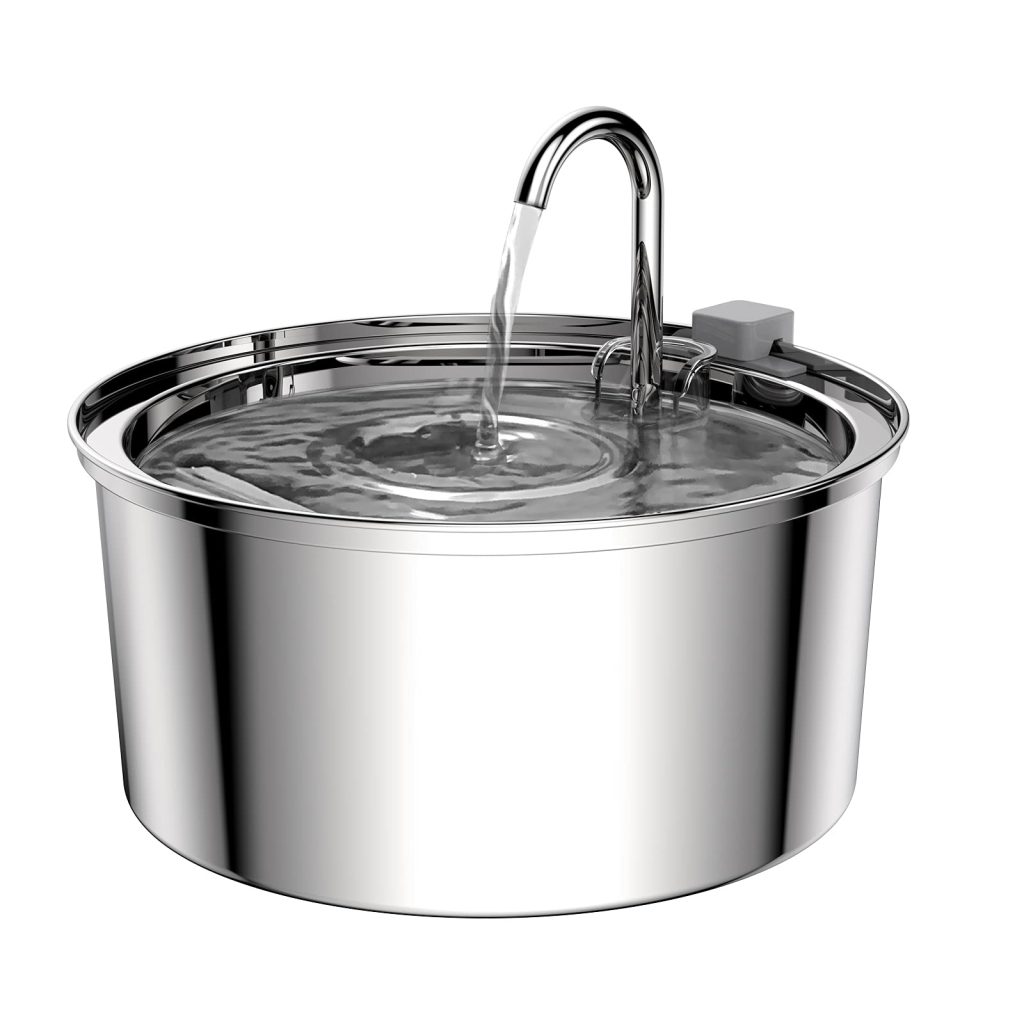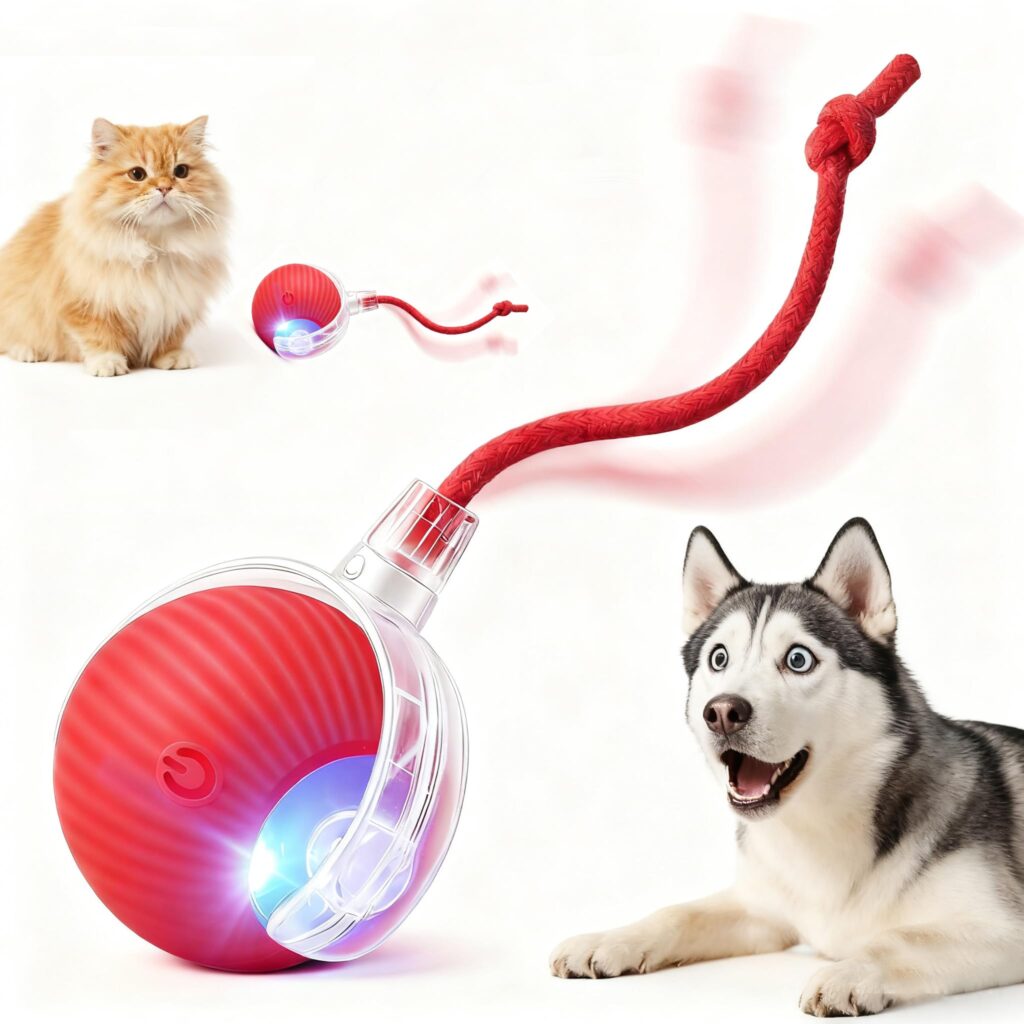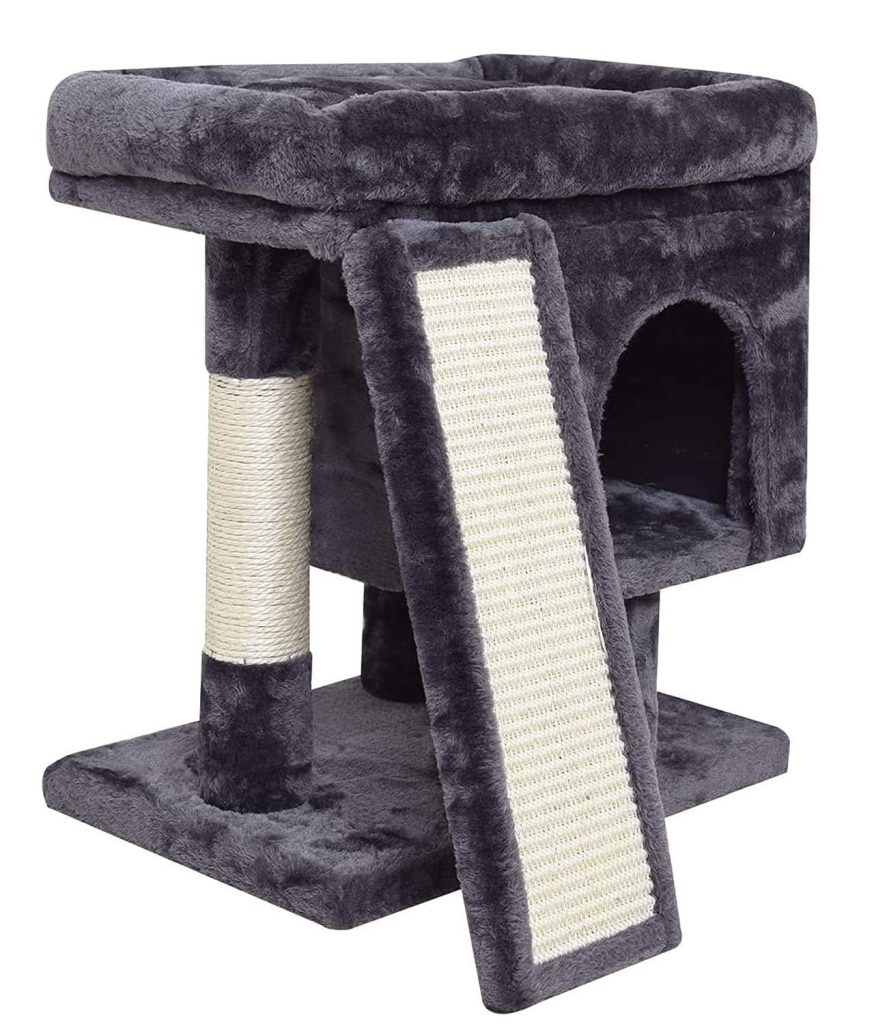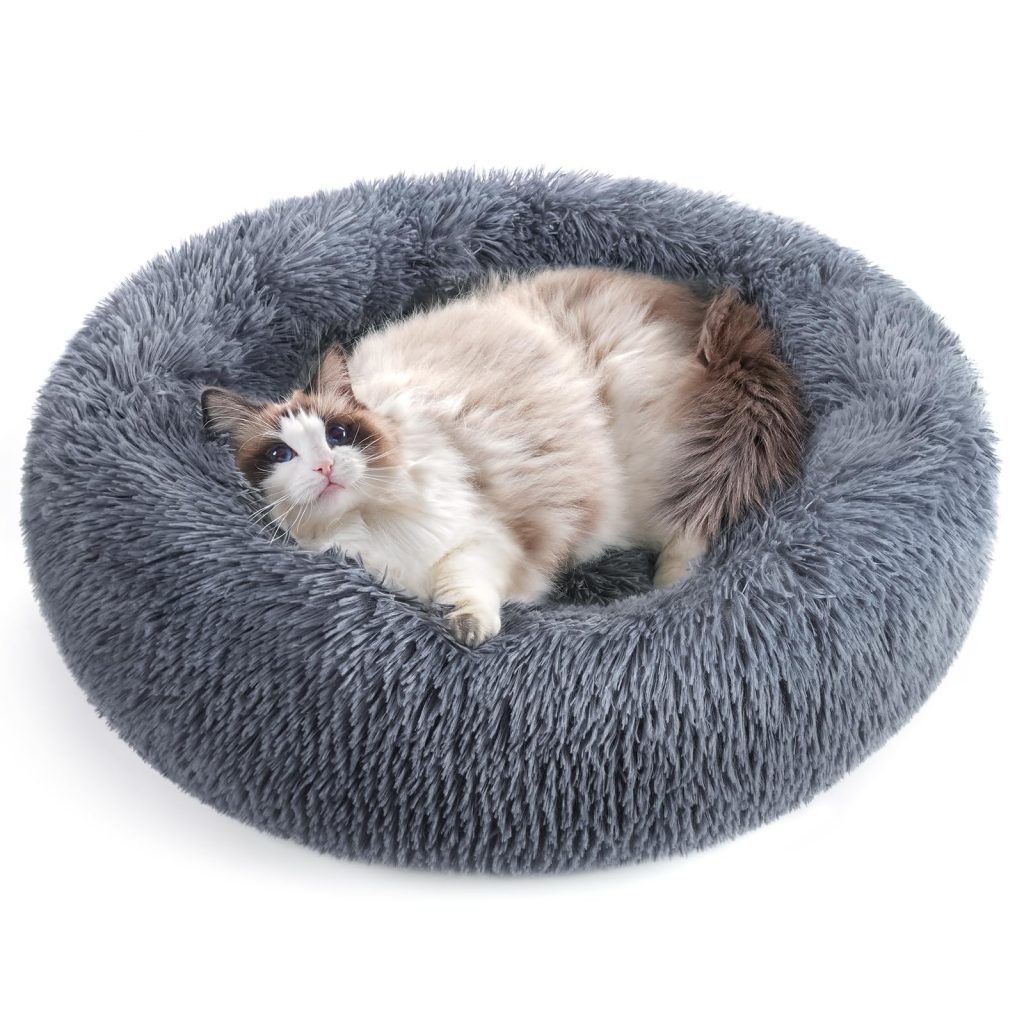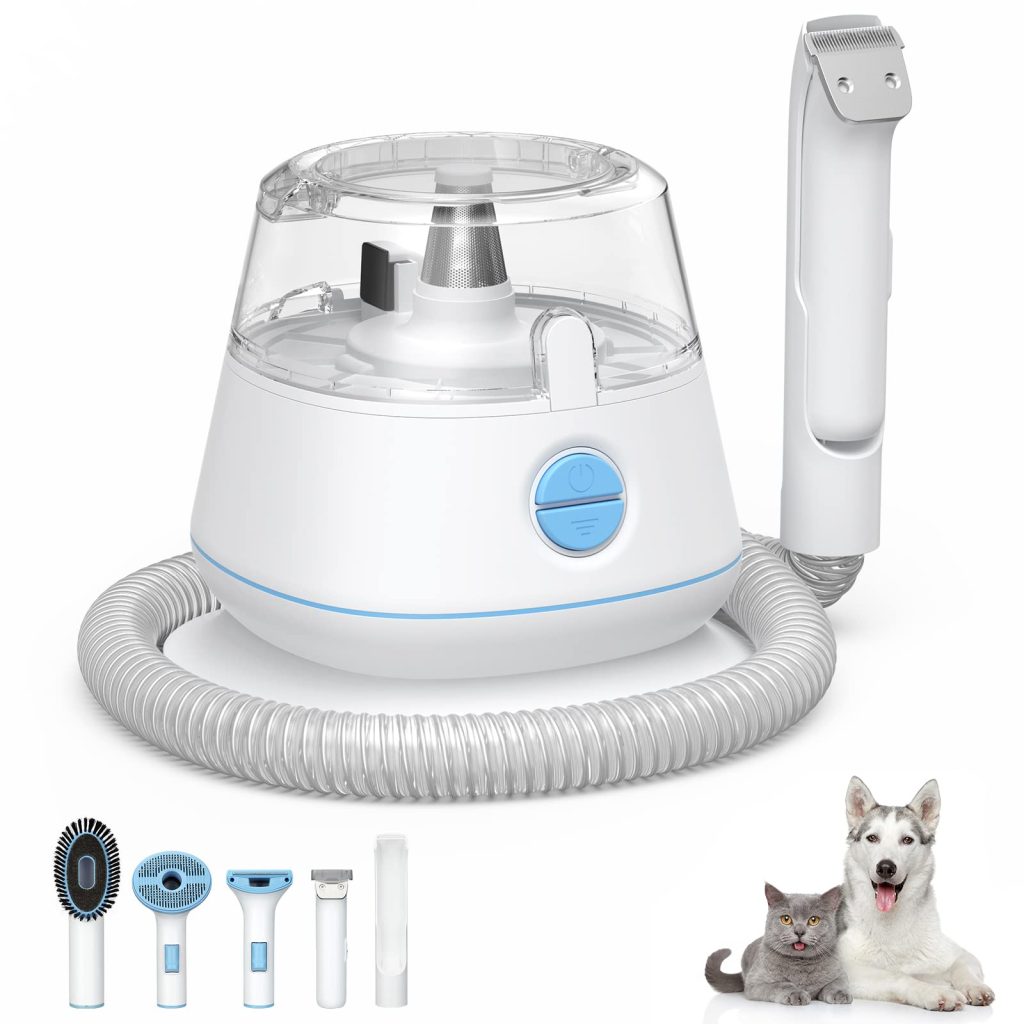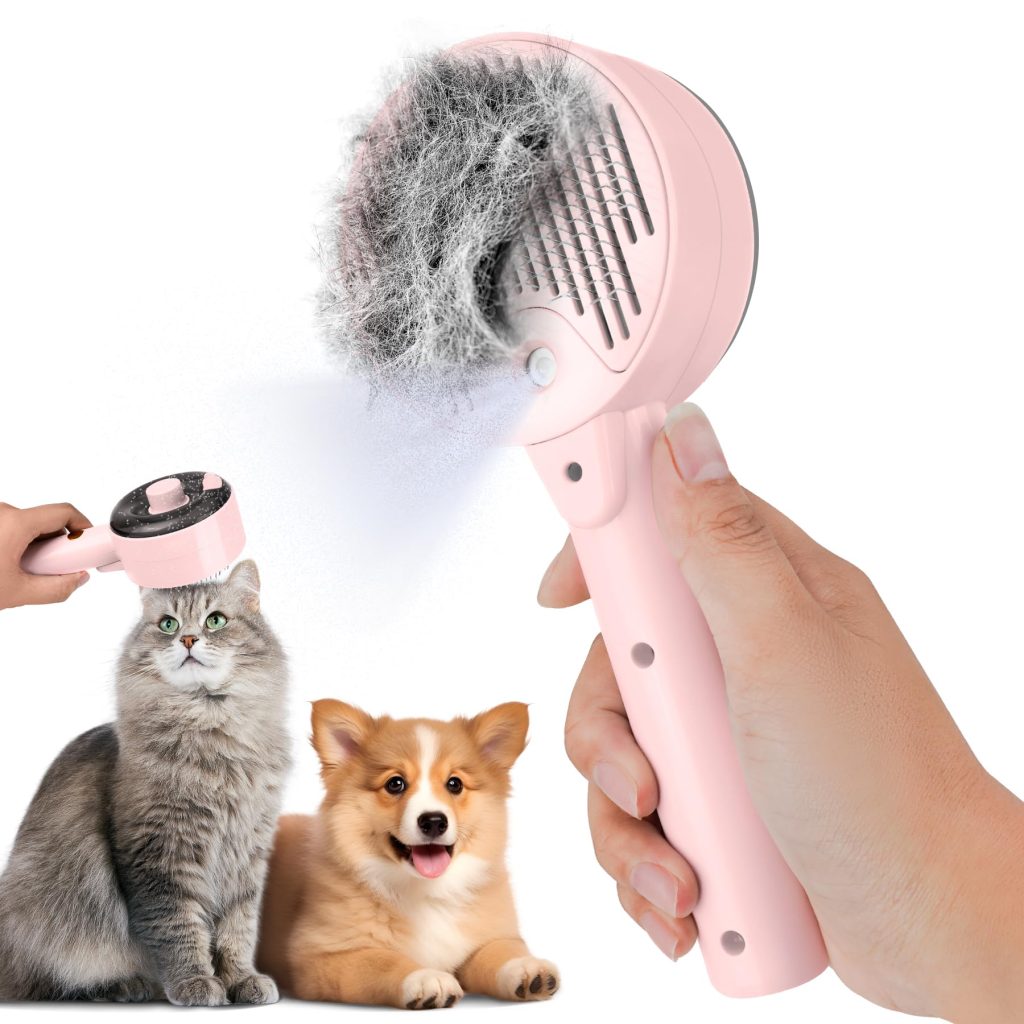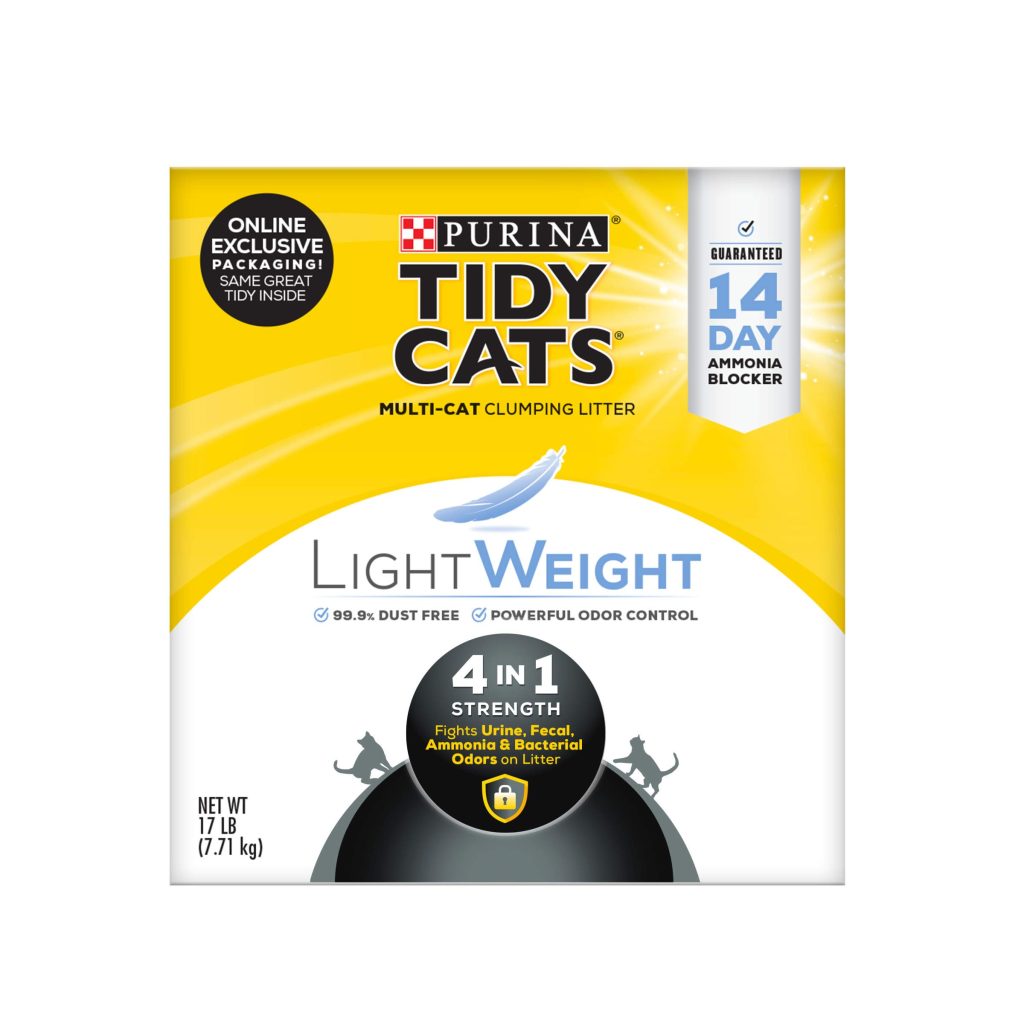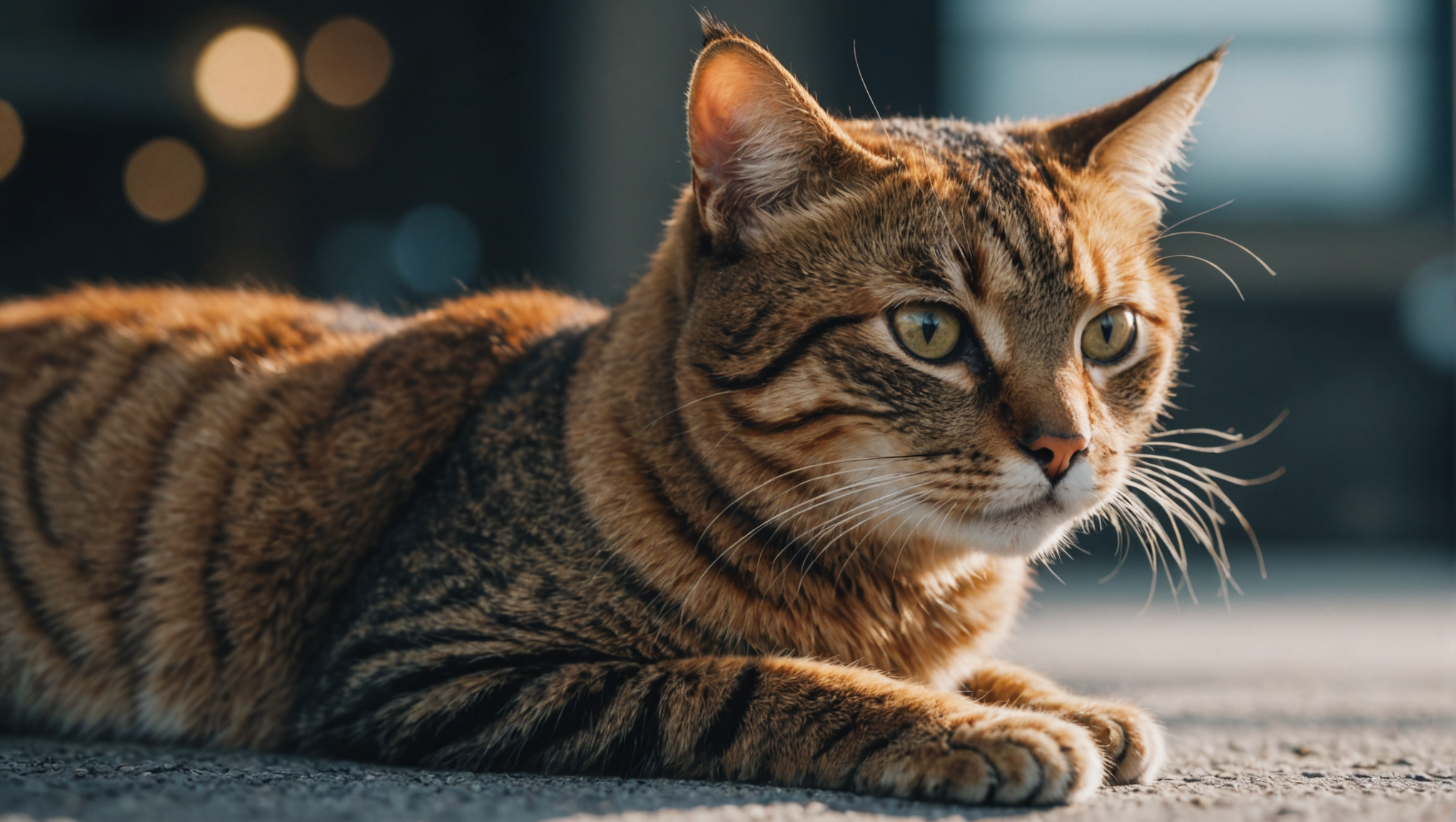
The immune system of a feline is a marvel of biological engineering, intricately designed to defend against a myriad of external threats, from infectious agents to environmental toxins. This complex network comprises various components, each playing a pivotal role in maintaining the delicate equilibrium of health. Central to this system are white blood cells, including lymphocytes and phagocytes, which patrol the bloodstream, continually seeking out invaders while also fostering an internal environment conducive to healing.
To grasp the full significance of the feline immune system, one must appreciate how it differentiates between friend and foe. The ability to recognize pathogens, aided by a sophisticated array of receptors on immune cells, allows for a tailored response that not only neutralizes the threat but also minimizes damage to the body’s own tissues. This capability is further enhanced by the myriad of cytokines—signaling molecules that facilitate communication between immune cells, orchestrating a harmonious response that’s as swift as it’s effective.
Moreover, the immune system is not a static entity; it has a remarkable memory, which very important for long-term protection. Upon the first encounter with a new pathogen, the lymphocytes develop a memory that enables a more rapid and robust response upon subsequent exposures. This phenomenon underscores the importance of vaccinations, which prime a cat’s immune response to recognize and fight specific diseases—creating a protective shield for our furry companions.
Interestingly, the role of the gut in immune function cannot be overstated. Approximately 70% of a cat’s immune response originates in the gastrointestinal tract, where a vibrant community of gut microbiota resides. These microorganisms not only aid in digestion but also play an important role in educating the immune system, helping it distinguish between harmful and beneficial substances. A diverse and balanced gut flora fortifies the immune defenses, underscoring the importance of quality nutrition in our feline friends’ diets.
In this context, it becomes evident that the health of a cat’s immune system is intricately interwoven with multiple factors—nutrition, environment, and even emotional health. A cat under stress, whether due to changes in their household or exposure to adverse external conditions, may find their immune defenses compromised. As such, ensuring a stable, enriching environment and providing appropriate nutritional support forms the bedrock of immune resilience.
Every cat owner carries the responsibility of fostering an environment that nurtures this essential system. Understanding the multifaceted nature of feline immunology not only empowers us to make informed choices regarding our pets’ care but also highlights the significance of being proactive in promoting their health. Just as a fortified castle stands firm against sieges, so too can a well-supported immune system shield our beloved cats against the myriad challenges they may face.
Common threats to feline immunity
In the landscape of feline health, numerous threats loom over our beloved companions, imperiling their immune systems. Understanding these common adversaries is paramount to fortifying our cats against potential health issues. Infectious diseases, ranging from viral infections like feline leukemia virus (FeLV) to bacterial pathogens such as bordetella, pose formidable challenges that can undermine even the most robust immune systems. As the old adage goes, “An ounce of prevention is worth a pound of cure,” and within the scope of feline immunity, this could not be more accurate. Vaccination, alongside careful monitoring of exposure to these pathogens, serves as the first line of defense against such infectious threats.
However, infectious agents are not the only culprits; environmental factors play an important role as well. A cat’s surroundings can secretly undermine its health—a factor not easily overlooked. For instance, exposure to toxins commonly found in households, such as certain plants, chemicals, and even pet products, can trigger allergic reactions or toxic responses that deplete the immune system over time. Secondary conditions such as inflammation, which may arise from these exposures, can lead to a cascade of negative effects, including reduced immunity and chronic health challenges that could otherwise be mitigated through awareness and prevention.
Furthermore, the realm of nutrition cannot be understated when examining threats to feline immunity. Suboptimal diets that lack essential nutrients can weaken a cat’s defensive capabilities, creating a fertile ground for illness. It is astonishing how many store-bought cat foods fail to meet optimal standards, leaving felines deprived of vital vitamins, minerals, and amino acids crucial for immune function. For example, a lack of adequate antioxidants—such as vitamins E and C—can impair immune response and increase susceptibility to infections and diseases.
The emotional well-being of our feline friends also warrants attention, as stress can be a silent adversary, leading to suppressed immunity. Changes in routine, the introduction of new pets or family members, and even loud noises can trigger stress responses, releasing cortisol and thereby hindering the body’s ability to fight off illness. As Pam Johnson-Bennett has noted, “Cats thrive on routine and stability; instability can create chaos in their worlds.” It very important, therefore, that we create a nurturing and reassuring environment for our cats, providing them with predictability and comfort—elements that help maintain not only their emotional health but also their immune resilience.
In addition to environmental stressors, inadequate socialization can also pose threats. Cats that lack interaction, whether with humans or other animals, may develop behavioral issues or become overly fearful, which can affect their overall health. It is vital to enrich their lives, offering opportunities for play and social engagement while ensuring they feel secure in their surroundings. Strengthening the bond between cat and owner serves not only to enhance their emotional well-being but also contributes favorably to a resilient immune system.
Therefore, while it is easy to identify the more overt threats, it is the cumulative effect of these environmental, nutritional, and psychological stressors that often has the most significant impact on feline immunity. By understanding and addressing these varied challenges, cat owners can take proactive steps to safeguard their pets’ health, ensuring that their immune systems remain robust and capable of repelling the many threats that may arise. The journey toward enhanced feline immunity is indeed one filled with diligence, awareness, and a heartfelt commitment to promoting the overall welfare of our cherished companions.
Nutritional support for a strong immune response
Nourishing our feline companions through conscientious dietary choices plays a critical role in fortifying their immune systems, as an optimal diet provides the building blocks necessary for robust health and effective immune response. Unlike dogs, cats are obligate carnivores, meaning their dietary requirements are significantly different. Their natural diet in the wild consists primarily of animal proteins, which offer not only the energy needed for daily activities but also an array of nutrients that support immune function. A diet rich in high-quality proteins is vital, as amino acids—such as arginine, taurine, and glutamine—are essential for the production and activity of immune cells. Without adequate protein, a cat’s ability to mount an effective immune response diminishes, leaving them vulnerable to infections and disease.
Moreover, a balanced intake of fats, particularly omega-3 and omega-6 fatty acids, is not to be overlooked. These essential fatty acids play a pivotal role in modulating inflammation, which is particularly important in maintaining a well-functioning immune system. Omega-3 fatty acids, found in fish oil and certain plant sources, support immune health by promoting anti-inflammatory pathways, which can be beneficial for cats predisposed to chronic inflammatory conditions. In this regard, understanding the balance of fats in your cat’s diet can have profound implications for their overall health.
Additionally, specific vitamins and minerals are indispensable in orchestrating a harmonized immune response. Vitamins A, C, and E, renowned for their antioxidant properties, are particularly noteworthy. Vitamin A supports epithelial health, acting as a barrier against pathogens, while vitamin C is a potent antioxidant that aids in scavenging harmful free radicals. Vitamin E functions to protect cell membranes from oxidative stress, thereby enhancing the integrity of immune cells. The synergy of these vitamins is important, as they work hand in hand to bolster the immune system and provide comprehensive protection against various threats.
Furthermore, a well-structured diet incorporates minerals such as zinc, selenium, and iron, each contributing uniquely to immune health. Zinc is essential for the development of immune cells, while selenium functions as an antioxidant that enhances the immune response. Iron, on the other hand, is vital for red blood cell production and oxygen transport, ensuring that immune cells receive adequate nourishment. Cat owners must therefore be vigilant in choosing high-quality, commercially available foods or, if inclined towards a raw diet, ensuring that it is well-balanced to encompass all essential nutritional elements.
The role of fiber cannot be understated either; although cats derive their primary energy from proteins and fats, a small amount of fiber is beneficial for gut health. A well-regulated digestive system influences the gut microbiome, thus affecting immune function. Prebiotics, such as inulin, can nourish beneficial gut bacteria, contributing to a balanced microbiome which in turn educates the immune system, ultimately enhancing its resilience.
When seeking nutritional support for your feline friend, it very important to consider formulating a regimen that aligns with individual needs based on age, activity level, and health status. This individualized approach is vital; a senior cat’s nutritional needs may differ greatly from that of a playful kitten. Regular consultations with a veterinarian or a feline nutritionist can ensure that you are making informed decisions that support your cat’s immune system effectively.
Additionally, incorporating fresh, whole food options into your cat’s diet can elevate their overall health. Foods such as cooked chicken, turkey, or organ meats can be excellent additions, serving as a source of high-quality protein and essential vitamins and minerals. Such enhancements not only add variety to their meals but also contribute to a more nutritionally rich diet that supports immune function.
In summation, a profound recognition of the intricate relationship between nutrition and immune health reveals that every bite your feline consumes is, in essence, an affirmation of their vitality. As the saying goes, “You are what you eat,” and this holds particularly true for our cats. By prioritizing a well-rounded, nutrient-dense diet, we not only provide our beloved friends with the sustenance they crave but also reinforce the very defenses that safeguard their health against the myriad of threats they face—translating love into longevity and resilience.
Lifestyle factors that impact immune health
Creating a lifestyle for our feline companions that promotes optimal immune health encompasses not only nutrition but also a series of environmental and behavioral considerations that collectively enhance their well-being. Understanding the nuances of your cat’s daily existence can significantly affect their immune resilience, as lifestyle factors often intertwine with nutritional intake to form the robust foundation that supports their health.
Cats are inherently sensitive creatures whose well-being hinges greatly on their environment. Ensuring a calm and secure setting is paramount; stress can be a stealthy adversary, robbing your cat of the immune strength they require to fend off illnesses. Simple modifications can yield significant dividends. For instance, establishing a consistent daily routine can provide a structure that your cat finds reassuring. As Pam Johnson-Bennett aptly observes, “Cats thrive on routine,” and indeed, maintaining familiar playtimes, feeding schedules, and resting areas can provide comfort and stability in their lives.
A vital aspect of creating a healthy lifestyle for your feline involves mental and physical enrichment. Enrichment engages not just the body but the mind, bolstering emotional health and, indirectly, immune function. Interactive playtime encourages movement, which is essential for physical fitness; regular exercise bolsters circulation and organ health, enhancing metabolic processes that are crucial for maintaining an effective immune response. Ponder incorporating a variety of toys and engaging activities, such as puzzle feeders, to keep your cat stimulated and active.
Moreover, providing vertical spaces for climbing and exploring taps into a cat’s natural instincts, promoting both physical exercise and mental engagement. The opportunity to explore within a safe environment allows for the joy of discovery, reducing stress and the likelihood of boredom-driven anxiety. Create cat-specific spaces within your home—such as cat trees or shelves—where they can observe their surroundings from a height, satisfying their innate curiosity and need for security.
Social interaction is another crucial lifestyle component. Cats are often perceived as solitary creatures; however, many thrive on social bonds, whether with humans or fellow felines. Allowing for gentle interactions, whether through play or simply cuddling, can solidify the emotional connection and reduce feelings of isolation. Cats that enjoy companionship often display reduced stress levels, which directly contributes to a healthier immune system. If introducing a new pet, proceed with caution and patience, allowing ample time for acclimatization to prevent undue stress and maintain harmony.
The environment must also be meticulously curated to protect against unwanted hazards that threaten immunity. Regular cleaning to minimize exposure to household toxins—ranging from cleaning agents to certain plants—is imperative. Furthermore, mitigating exposure to outdoor parasites such as fleas and ticks through preventive treatments not only protects against these threats but also diminishes the potential for stress-induced health decline. Indoor environments, while inherently safer, still require vigilance to ensure the eradication of potential allergens and irritants, fostering a sanctuary of health.
Importantly, the emotional landscape of a household affects cat health significantly. The introduction of tumultuous elements—loud noises, erratic schedules, or sudden changes in family dynamics—can evoke anxiety. Cats, with their acute senses, often perceive shifts in their environment at a much deeper level than we might realize. Cultivating a peaceful household, devoid of chaos, plays a vital role in supporting the immune system. Ponder using calming pheromone diffusers or soothing music designed specifically for pets to create a serene atmosphere, which can have a profound impact on your cat’s emotional state.
Lastly, regular check-ups with a veterinarian ensure not only that your cat remains in good physical health but that any emerging issues—be they behavioral or health-related—are addressed promptly. Tracking your cat’s health in collaboration with a trusted veterinarian allows for early detection of potential problems, effectively managing their overall well-being and enhancing their immune system’s ability to respond to threats.
In essence, fostering an environment rich in stability, engagement, and care provides a holistic approach to supporting immunity in our feline friends. As we strive to create a lifestyle that cherishes their innate needs and preferences, we enhance our efforts in boosting their immune health. The journey toward a resilient immune system is made tangible through intentional living, a commitment to their happiness, and a profound understanding of their complex natures. Each thoughtful choice transforms into a stitch in the fabric of their health, creating a protective tapestry that fortifies against the trials and tribulations of life.
Supplements and therapies for enhanced immunity
When contemplating the enhancement of your cat’s immune system, the role of supplements and therapies cannot be overlooked. In a world where the complexities of contemporary living often overshadow natural health practices, these supportive measures emerge as invaluable allies in strengthening our feline companions’ defenses. By integrating targeted supplements alongside evidence-based therapies into your cat’s health regimen, you can provide additional layers of support that may bridge any nutritional gaps and enhance overall well-being.
First and foremost, one cannot discuss immune support without mentioning the growing popularity of omega fatty acids. These essential fats, particularly omega-3 fatty acids, are heralded for their anti-inflammatory properties. Found in sources such as fish oil and algae, omega-3s can play a pivotal role in modulating immune response, assisting the body in managing inflammation and reducing the risk of chronic conditions. For instance, studies have suggested that regular supplementation with these fatty acids can improve the physiological responses of the immune system, thereby fostering enhanced resilience against infections and disease. As an ancient sage once noted, “Let food be thy medicine and medicine be thy food,” and incorporating a high-quality omega supplement aligns beautifully with this ethos while empowering your cat’s health.
Equally important is the role of antioxidants in bolstering immune function. Vitamins A, C, and E, alongside selenium, are powerful allies in combating oxidative stress and supporting cellular health. Many pet owners may find it beneficial to include specific supplements that deliver concentrated doses of these key vitamins, particularly in instances where the diet may fall short of optimal nutritional values. Antioxidant-rich ingredients, like blueberries or cranberries, are increasingly available in supplement forms, and their incorporation can assist in neutralizing free radicals and enhancing your pet’s overall vitality. The implications of such antioxidants cannot be understated, as they serve as critical defenders in ensuring that your cat’s immune cells operate at best execution, prepared to respond to any threats encountered.
Herbs and botanicals, too, have made a significant stride into the realm of feline care, offering a natural approach to support immune health. Echinacea, for instance, is a prominent herb often championed for its purported immune-stimulating properties. Studies suggest that echinacea may aid in increasing the production of various immune cells, ultimately leading to an improved ability to combat infections. Similarly, astragalus root, hailed since ancient times for its medicinal qualities, may enhance immune function by promoting the production of antibodies and improving overall vitality. Pet owners should, however, consult with a veterinarian knowledgeable about herbal therapies, ensuring that any supplementation is not just appropriate but beneficial to their cat’s unique health needs.
Beyond dietary supplements, one must acknowledge the growing field of complementary therapies. Acupuncture, for example, has emerged as a useful adjunct therapy in veterinary medicine, addressing a plethora of health concerns through the meticulous application of needles at specific points on the body. Research indicates that acupuncture may promote immune function by encouraging the flow of Qi—vital energy—thereby enhancing the body’s ability to heal and resist disease. Moreover, gentle chiropractic adjustments can also align the body’s systems, ensuring optimal function throughout and potentially supporting immune responses.
The integration of holistic therapies, such as aromatherapy, can also have a profound influence on emotional health, which is intricately tied to immune function. Certain essential oils, when used appropriately and safely, can help create a calming environment, alleviating stress that may otherwise impair the immune system. Lavender, known for its soothing characteristics, has been found to reduce anxiety levels in pets, promoting an atmosphere conducive to healing and comfort. Engaging with professionals knowledgeable in these fields can provide additional insights into creating a comprehensive health plan that encompasses both traditional and integrative strategies for your feline friend.
The journey toward enhanced immunity is a multifaceted endeavor, and by thoughtfully incorporating these supplementary methods into your cat’s health routine, you not only empower their immune system but also affirm your role as an advocate for their well-being. Each careful choice made in regard to supplements and therapies resonates deeply within the tapestry of their health, fortifying the very essence of their immune resilience. Ultimately, when coupled with nutrition and positive lifestyle choices, these elements stand as pillars in the effort to nurture the vibrant health that our cherished companions rightly deserve.
